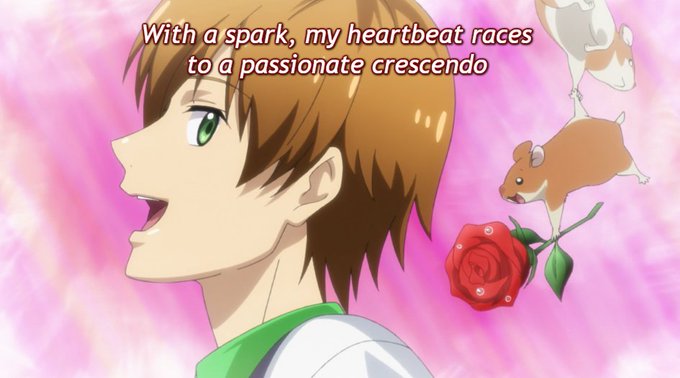Kado: The Right Answer 0-2
So far, so good, even if it's moving very, very deliberately.
And I'm not kidding about being deliberate. The first episode invites comparisons to Shin Godzilla with its focus on government bureaucracy responding to an unexpected event, and (although they're really about very different things) it's hard not to compare the pacing. Forty minutes after the alien cube first arrives, the show has barely gotten past first contact. The boardroom scenes don't have anywhere near the same amount of punch. But unlike Godzilla, this isn't a pressing crisis, so the time is being spent on small details, which draws attention to the show's main theme of communication.
Negotiation, at its core, is about figuring out what you want, what your partner wants, and finding a way to satisfy the needs of both parties. So the show is trying to slowly set up what those needs are. The government wants to free the passengers. The scientists (the Kugimiya-voiced theoretical physicist Shinawa Kanata feels like she dropped out of another, far-worse show with her technicolor children's toy tablet and genki middle-school pep) want to understand the new phenomena they're seeing. zaShunina wants to "advance" humanity, whatever that means. What else do they want? What are they willing to give up to achieve those aims?
We haven't seen too much of Shindo at work, but going by episode 0, what makes him special is his ability to see past the surface to find out what would truly make the parties involved happy. The factory example we get is pretty inelegant, but the idea at work is that whereas his boss thought he wanted to give his old buddy a big payout so he could retire, whereas what he actually wanted was to help in whatever way he could. By revitalizing the factory, Shindo achieved his boss's aims while better caring for the factory and its employees.
My own experience with tough negotiation is very limited (and it didn't go very well, because I'm apparently not a good negotiator), but it was a practice exercise about trying to reach a settlement between a company and someone they had allegedly injured. The two sides had very different ideas of how much money would be appropriate, so as long as the discussion revolved around that, it was fairly ugly. But once the idea of non-monetary incentives got introduced (better safety precautions, changed policies, naming something after someone involved), it became easier to reach an agreement, because the whole thing was as much about recognition that harm had been done, and preventing harm in the future, as it was about getting money. The first episode reminded me a little bit of that exercise. Rather than starting with some specific outcome in mind, a good negotiator needs to recognize the ends each side wants, and then figure out the best means to reach them.
I'm curious to see whether that idea gets developed further in the future. Right now, most of my interest is in the mystery of what's going on, rather than any particular conflict or characters.










